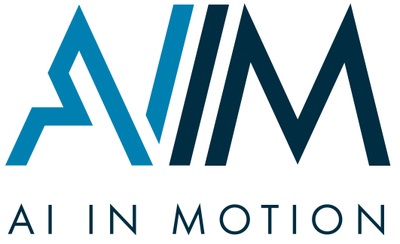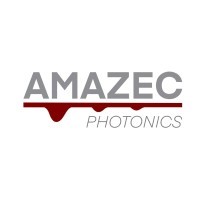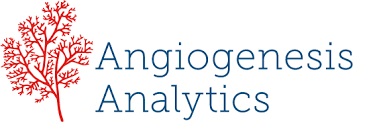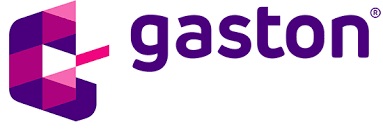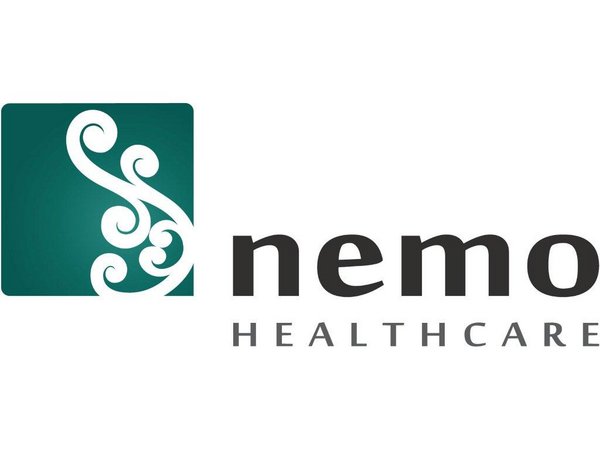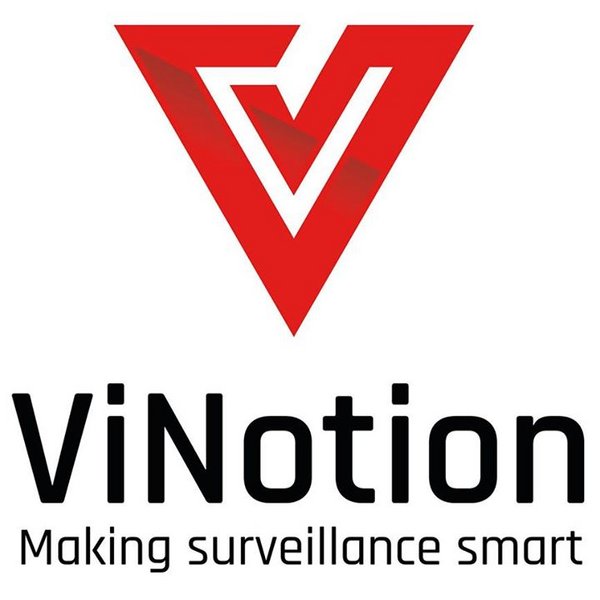Making sense of signals, images and data
The Signal Processing Systems (SPS) group studies theories and techniques to extract meaningful information from signals, images, and multivariate data sets. We combine academic excellence with a strong real-world impact in biomedical instrumentation, medical image analysis, video surveillance, autonomous vehicles, digital wireless and optical communication, hearing aids, and intelligent lighting.
The SPS group has top scientists in signal and image analysis, information and communication theory, and machine learning and artificial intelligence. We also host many senior clinical and industrial experts on a part-time basis, which allows many of our students to be co-supervised by these experts.
NXP SCHOLARSHIP ON ‘MILLIMETER WAVE WIRELESS TECHNOLOGY’
It is with pleasure that we announce a fifth generation of NXP scholarships, with 5 available scholarships for first year master’s students available for 2024.
More info
News
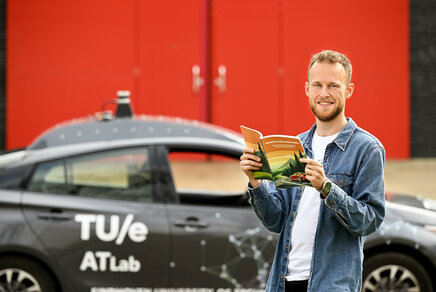
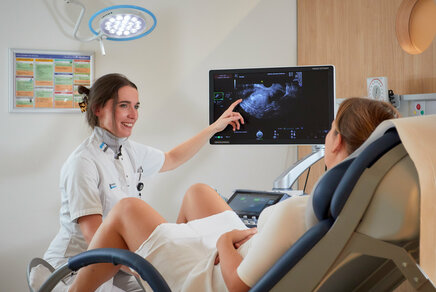




Our labs
Artificial Intelligence within the SPS Group
The SPS group conducts both fundamental and application-driven research on cutting-edge Artificial Intelligence (AI) technology for signal processing systems. We also provide a broad palette of academic coursework on AI that ranges from neuroscience-inspired learning algorithms to deep learning technology and from introductory to highly specialized levels.
Our group includes more than 25 academic faculty members and about 100 PhD students with specialized expertise across a wide range of machine learning and signal processing topics. This page provides a gateway to our activities on AI for signal processing systems.
Read moreMeet some of our Researchers
Work with us!
Please check out the TU/e vacancy pages for further opportunities within our group.
If you are a student, potential sponsor or industrial partner and want to work with us, please contact the SPS group chair prof. Jan Bergmans.
Innovation
As a hub in the regional innovation ecosystem, our group collaborates intensively with industry, hospitals and other societal stakeholders, with broad impact:
- Bidirectional staff exchanges: around 20 senior experts from strategic industrial and clinical partners have part-time appointments in the group, mostly at the level of full professor. Also, several of our senior staff members serve as scientific advisor to a variety of high-tech companies. Furthermore, many of our PhD students are embedded for a significant part of their time with strategic partners.
- Joint roadmaps: we contribute structurally to joint roadmaps with industry in the framework of e.g. the Center for Wireless Technology, the Center for Care and Cure Technologies and the Eindhoven MedTech Innovation Center.
- Industrial funding: many of our PhD projects are funded partly (and in several cases fully) by industry.
- Patents: our research frequently results in patent applications, either jointly with industry or with TU/e as main applicant.
- Real-world applications: over the years, many of our research results were absorbed in industrial products and/or clinical practice.
- Start-up companies: since 2000 we have produced 11 start-up companies.
Recent Publications
Our most recent peer reviewed publications
-
Yanqi Wu,Myrthe van der Ven,Sima Asvadi,M. Beatrijs van der Hout-van der Jagt,S. Guid Oei,Massimo Mischi,Jan Bergmans,Xi Long
Early prediction of gestational diabetes mellitus using maternal demographic and clinical risk factors
BMC Research Notes (2024) -
Cris H.B. Claessens,J.J.M. Hamm,Christiaan G.A. Viviers,Joost Nederend,D.J. Grünhagen,Pieter J. Tanis,Peter H.N. de With,Fons van der Sommen
Evaluating task-specific augmentations in self-supervised pre-training for 3D medical image analysis
(2024) -
Irene Suriani,R. Arthur Bouwman,Massimo Mischi,Kevin D. Lau
An in silico study of the effects of cardiovascular aging on carotid flow waveforms and indexes in a virtual population
American Journal of Physiology : Heart and Circulatory Physiology (2024) -
Chuan Chen,Reshani Perera,Massimo Mischi,Michael Kolios,Agata Exner,Simona Turco
Quantification of extravasation and binding of PSMA-targeted nanobubbles by modelling the second-wave phenomenon
Molecular Imaging and Biology (2024) -
Luca Cerina,Sebastiaan Overeem,Gabriele B. Papini,Johannes P van Dijk,Rik Vullings,Fokke van Meulen,Andreas Cerny,Peter Anderer,Pedro Fonseca
A sleep stage estimation algorithm based on cardiorespiratory signals derived from a suprasternal pressure sensor
Journal of Sleep Research (2024)
Contact
-
Visiting address
FluxGroene Loper 195612 AP EindhovenNetherlands -
Visiting address
FluxGroene Loper 195612 AP EindhovenNetherlands -
Postal address
P.O. Box 513Department of Electrical Engineering5600 MB EindhovenNetherlands -
Postal address
P.O. Box 513Department of Electrical Engineering5600 MB EindhovenNetherlands -
Secretary BM/d Lab
-
Secretary VCA lab, Mobile Perception Systems lab and NeuroPlatform
-
Teamlead
Teamlead -
Secretary ICT lab, BIAS lab, and Lighting and IoT lab
Secretary
![[Translate to English:] [Translate to English:]](https://assets.w3.tue.nl/w/fileadmin/_processed_/9/e/csm_SPSLogo_5d020af008.jpg)

